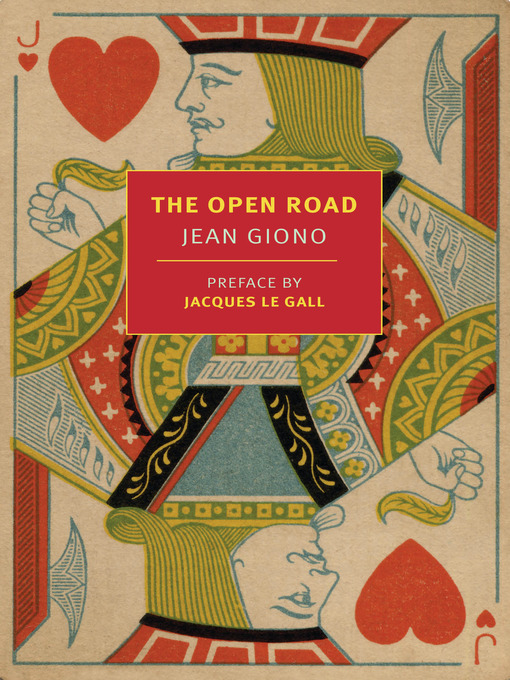- Great Reads
- Happy Birthday!
- Books Under the Sea
- Get Growing
- Available now
- Try something different
- New adult additions
- New teen additions
- New kids additions
- Most popular
- Hispanic Heritage Month
- See all ebooks collections
- Great Reads
- Most popular
- Off the Beaten Path
- New adult additions
- New teen additions
- New kids additions
- "Hear" for a Quickie: Try an Audio Play or Performance Piece
- Books Under the Sea
- Happy Birthday!
- Hispanic Heritage Month
- See all audiobooks collections

